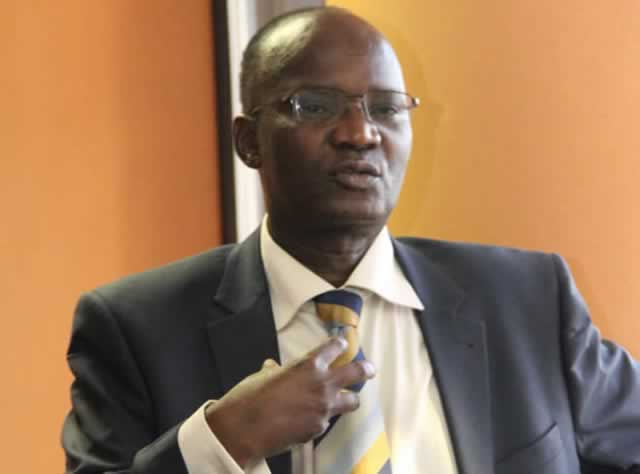
The Sunday Mail

On the one day when the national media is, along with its peers around the globe, commemorating World Press Freedom Day, it cannot be right that patently unconstitutional action is cynically used as an enforcement of law and order.
The 11th hour cancellation and effective disruption by the Zimbabwe Republic Police (ZRP) of the official 2014 commemoration of World Press Freedom Day that had been organised by the Zimbabwe Union of Journalists (ZUJ) in conjunction with the Unesco office in Harare with the support of the Ministry of Information, Media and Broadcasting Services along with that of other stakeholders can only be most unfortunate not least because initially ZRP had rightly sanctioned the national commemoration which has been an annual international event under the auspices of the United Nations since 1993.
This year’s official commemoration was not only in line with Zimbabwe’s obligations as a state party to the United Nations but also in recognition of and thus in accordance with Zimbabwe’s new Constitution which in section 61(2), and for the first time in the constitutional history of our young democracy, specifically enshrines freedom of the media by providing that “every person is entitled to freedom of the media, which freedom includes protection of the confidentiality of journalists’ sources of information”.
Against this background, and although it may please some vested political interests, the 11th hour cancellation of the commemoration of World Press Freedom Day by ZRP, without prior reference to the stakeholders involved including the Ministry and on the basis of opaque reasons, is very disappointing as it is manifestly neither in the public nor national interest not least because it is patently unconstitutional and without any transparent, rational or constructive justification.
It should be placed on the record that the knee-jerk propensity to always and everywhere use or show force for its own sake is not revolutionary by any stretch of the imagination.
In point of fact, that propensity can be quite reactionary and even subversive. The use or show of force should always and everywhere have a transparent and constitutionally and rationally justifiable purpose.
Otherwise it should be said that the use or show of force does not inherently or by itself inspire any national confidence.
While the use or show of force may be intended to instil fear or to display power, there’s more than enough experience to show that the unintended consequence of methods that gratuitously seek to instil fear or to display can be very serious contempt.
In any case, there’s no virtue or gain in fear.
That is why it is far better to always seek to instil hope than to induce fear through the use or show of force.
Hope is better than fear.
On the one day when the national media is, along with its peers around the globe, commemorating World Press Freedom Day, it cannot be right that patently unconstitutional action is cynically used as an enforcement of law and order.
This much is known: something is wrong somewhere. What is unknown is “the something that is wrong” and “the somewhere” of what is wrong. Perhaps only time will tell.
In the meantime, the Ministry would like to place on record its unreserved appreciation for all the sterling work that had been done to prepare for the official commemoration of World Press Freedom Day by everyone involved.
A good job is a good job. Everything happens for a reason and therefore nothing is done in vain one way or the other. The Ministry will liaise with the local Unesco office to reschedule the unduly cancelled event.
While the letter of the kind of accountable public service that our nation deserves might be blurred by the cancelled event, the spirit of collective responsibility must forever remain as the beacon of a nationally grounded media which claims its constitutional rights not for self-indulgent or other sinister purposes but for the sake of our country’s prosperity.
What is important to understand by all stakeholders, especially ZRP, is that, with the advent of the new Constitution which came into full effect upon the inauguration of His Excellency President Robert Mugabe on 22 August 2013, freedom of the media in Zimbabwe is now a constitutional matter and nobody has the right or option to ignore this fundamental reality of our national jurisprudence.
In the same vein, and on this World Press Freedom Day, it is propitious for those of us in public service, including ZRP, to understand that serving the public is not a one-way street but a multiple-lane avenue whose traverse requires those who are in the public service to co-operate and indeed respect those whom they serve and vice versa.
Any holier than thou attitude which eschews any and all accountability is simply unacceptable and therefore intolerable as it is inconsistent not only with our new constitutional dispensation but also with the values and ideals of our heroic liberation struggle.




